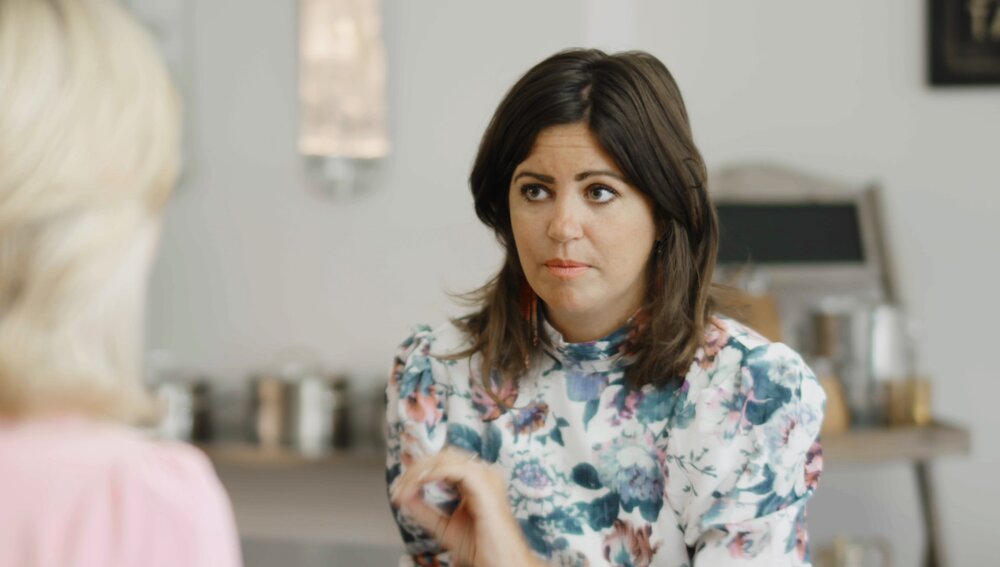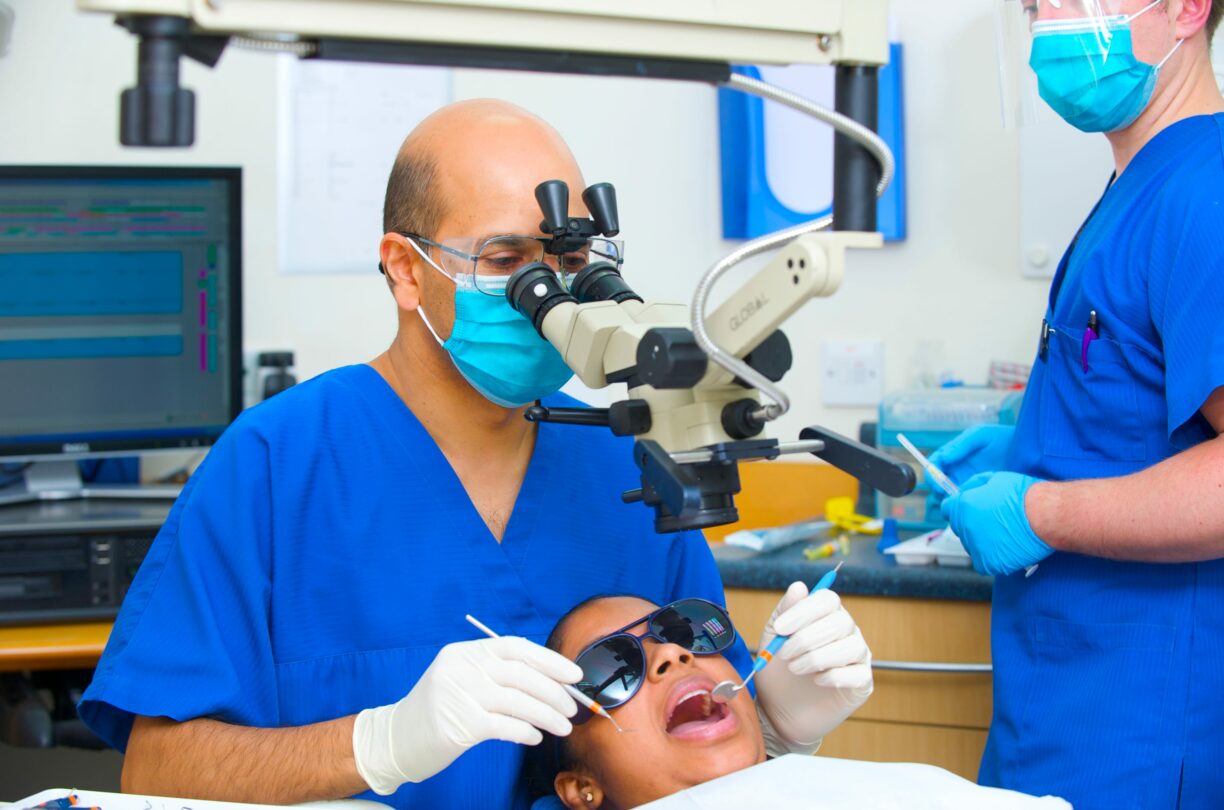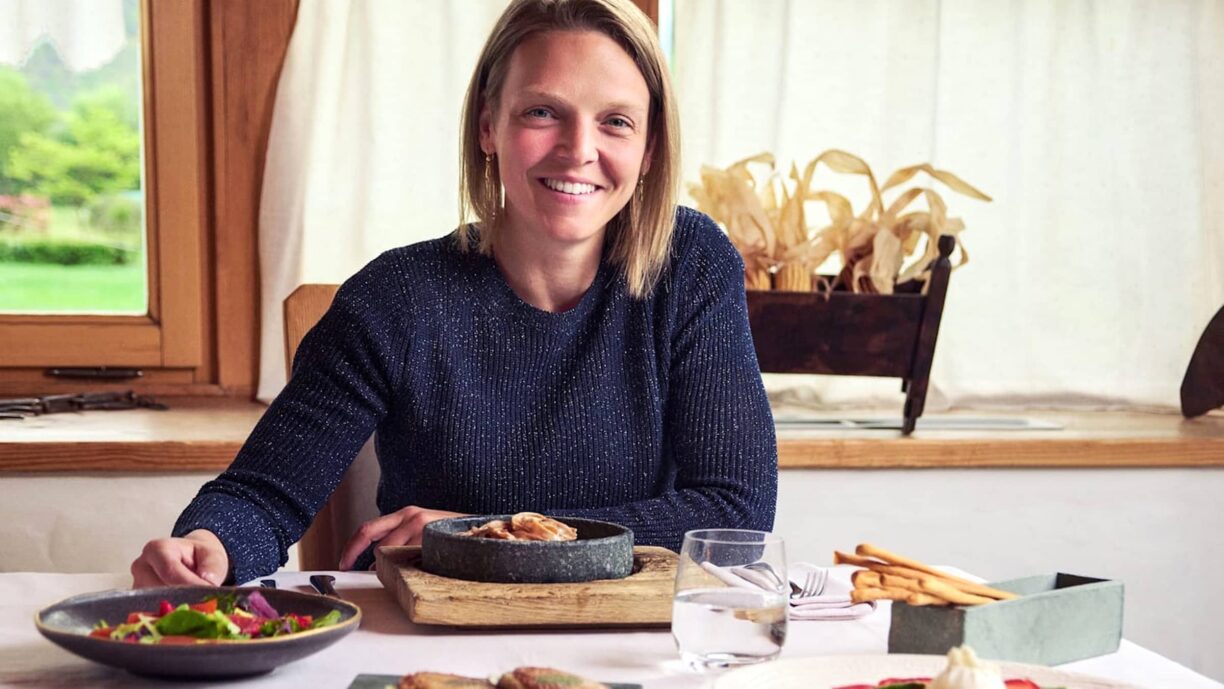In a recent TV programme aired on London Live on the 8th October 2019, Instagram’s @bowelbabe Deborah James shares the story of finding out she had bowel cancer two weeks before Christmas at the age of 30 after six months of misdiagnosis.
In an interview with Anthea Turner, James reveals how she put her sudden weight loss down to a new gym routine, rather than the metastasizing cancer, after being misdiagnosed with haemorrhoids because of her age.
“Unfortunately, there’s a bit of a misconception that bowel cancer doesn’t happen to young people and certainly doesn’t happen to somebody who doesn’t tick any of the boxes for the risks,” she explains. “I’m somebody who’s young, female, fit and vegetarian, so nobody assumed the worst.”
It was only after a severe change in bowel habits and finding fresh blood in her stools that she was finally able to secure an appointment with a gastroenterologist six months after first visiting the doctor. “By the time I was diagnosed I already had metastatic bowel cancer and the chances of survival are incredibly low. It was like the rug had been whipped out from under my feet.”
Speaking of the diagnosis, she said: “I found out on the 16th of December. I honestly thought, ‘I’m not going to be here next year.’”
James shares her story as part of a brand new London Live series – Hot Topics with Anthea Turner. In the episode, Turner explores the risks of bowel cancer in people of all ages (not just those in the high risk 50 plus category) and records her own colonoscopy at OneWelbeck – a bespoke day surgery facility with a specialist Digestive Health unit in the heart of Marylebone – in the hope that it will encourage others to go for a screening.
Lisa Das, Consultant Gastroenterologist of the OneWelbeck medical facility has warned, that parents and young people can be at risk of more complicated cancers if not treated early enough.
Because young, healthy parents do not tick the high risk boxes for bowel cancer, they are less likely to be referred for a screening, meaning that if they are showing early signs of rectal cancer, they are less likely to receive the early diagnosis they need in order to fully recover.
Das explains: “Ordinarily we find Colorectal Cancer in people over the age of 50 and that’s why we’re very lucky to have the screening programme. However, what we’ve found, since the 1990s, is cancer that’s affecting people between the ages of 20 and 49.” – Lisa Das, Consultant Gastroenterologist of OneWelbeck Medical Facility.
This is backed by recent research published in the British Medical Journal, which found that diagnoses of Colorectal Cancer in patients aged 20 to 49 years increased by 7.9% year on year between 2004 and 2016 across Europe.
As highlighted by Professor Julian Teare (another Consultant Gastroenterologist of the OneWelbeck medical facility) in the programme, 40% of us will develop a polyp (abnormal tissue growths that lead to cancer) at some point in our lives, so all of us should be getting colonoscopy screenings by the age of 45, if not before. With the latest colonoscopy equipment, OneWelbeck Digestive Health Centre is able to detect and treat any polyps found during screening, meaning they are then unable to develop into cancer later on. “It is a completely preventable disease.”
The programme, which highlights the simplicity and lack of embarrassment that a colonoscopy entails, aims to lift the lid on the reality of how treatable and preventable pre-cancerous growths in the bowel actually are and that getting screened should be a top priority for young people, who are now more at risk than ever before. Alongside James, Anthea Turner interviewed BBC War Correspondent Jeremy Bowen, who went public with his bowel cancer diagnosis in April 2019. Both stories inspired Turner herself to undergo a screening on camera.
“If I had had an opportunity to know I could be screened for [bowel cancer] and could have stopped what was going to happen to me very easily, I would have taken it.” – Deborah James, aka Bowel Babe.
Bowel Cancer Signs to look out for in 20-49 year olds
If you are experiencing one or more of these symptoms, though also explained by other conditions, it is advisable to seek advice from your GP right away in case they are signs of developing bowel cancer.
Significant change in bowel habits – particularly if persistent or unexplained.
Blood in stools – bleeding can be a sign of several things. Bright red blood may be explained by inflamed blood vessels whilst dark red blood could be originating from the stomach or bowel.
Sudden weight change – dramatic weight change, such as loss of a significant amount of weight, should be reported to your GP.
Abdominal pain or discomfort brought on by eating, including bloating and gas.
Tiredness – bowel cancer can lead to iron deficiency and therefore anaemia. Anaemia can lead to excessive tiredness.
Lump or pain – a lump or consistent pain located in the stomach or back passage area may be a sign of a developing cancer.
As Turner states, “bowel cancer can be fatal but with early diagnosis, nearly everyone survives.”
Want to know more about colonoscopy screenings? Book in a consultation at OneWelbeck today. Tel: 020 3637 5820. www.onewelbeck.com





